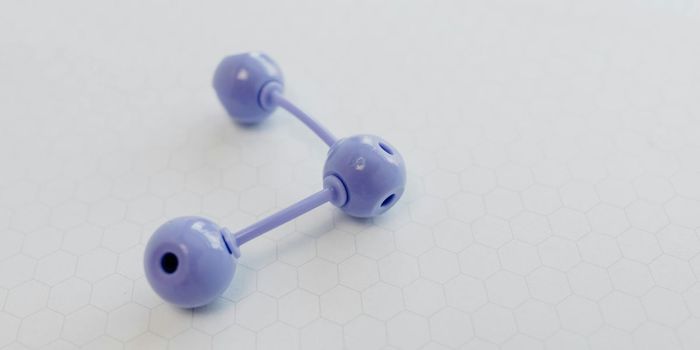A Cause of Neurodegeneration in ALS & Potentially Other Diseases is Revealed
Amyotrophic lateral sclerosis (ALS), is a fatal disease in which motor neurons degenerate, causing a gradual but total loss of function. There are some drugs that can slow this neurodegeneration, but there is no cure. Scientists have been working to find the cause of ALS so better therapeutics can be developed. Researchers have now discovered an immune molecule that seems to play a crucial role in ALS neurodegeneration, which could lead to drugs to treat the disease. The findings have been reported in Neuron, and they could also apply to other neurodegenerative disorders.
When an infection occurs, a host a biological mechanisms are triggered. Immune cells can initiate inflammatory processes, orchestrate the repair of tissue damage, and identify infected cells and destroy them. Proteins called gasdermins are involved in these responses, and gasdermins can promote the death of infected cells through an inflammatory mechanism known as pyroptosis. Gasdermin E is a type of gasdermin that is found at high levels in the brain.
In this study, the researchers revealed more about the function of gasdermin E in brain neurons. In human and mouse samples, gasdermin E causes mitochondrial and axonal damage when neurons are threatened. Mitochondria are organelles that generate the required energy for cells, and axons send electrical signals. Even when these neurons are carrying damaged mitochondria and axons, they don't die.
Groups of neurons can look jumbled, but when gasdermin E is at work, those cells retract, noted first study author Himanish Basu, PhD, a postdoctoral researcher in the lab of Isaac Chiu, PhD, at Harvard University. This retraction seems to happen in the neurons of ALS patients.
In this work, the researchers also determined that these effects can be halted. They collected cells from ALS patients to create motor neurons in culture. This showed that gasdermin E levels are abnormally high in these neurons. But if gasdermin E was inactivated, axons and mitochondria were protected from damage.
When gasdermin E was reduced in a mouse model of ALS, neurodegeneration was slowed, there was less inflammation, and larger motor neurons suffered less damage.
Gasdermin E could be the key to the neuronal changes that are driving neurodegeneration in ALS. Some available drugs can block the effect of gasdermins, but we don't yet know if gasdermin E can also be targeted with those medications. This research could open the door to new ALS treatments.
This approach might also be a way to treat neurodegeneration in general. "The unmet need for therapies for neurodegenerative diseases is huge, and our work opens up a whole new pathology that we could address," said co-corrresponding study author Judy Lieberman, MD, PhD, of Boston Children's Hospital.
Sources: Children's Hospital Boston, Neuron









